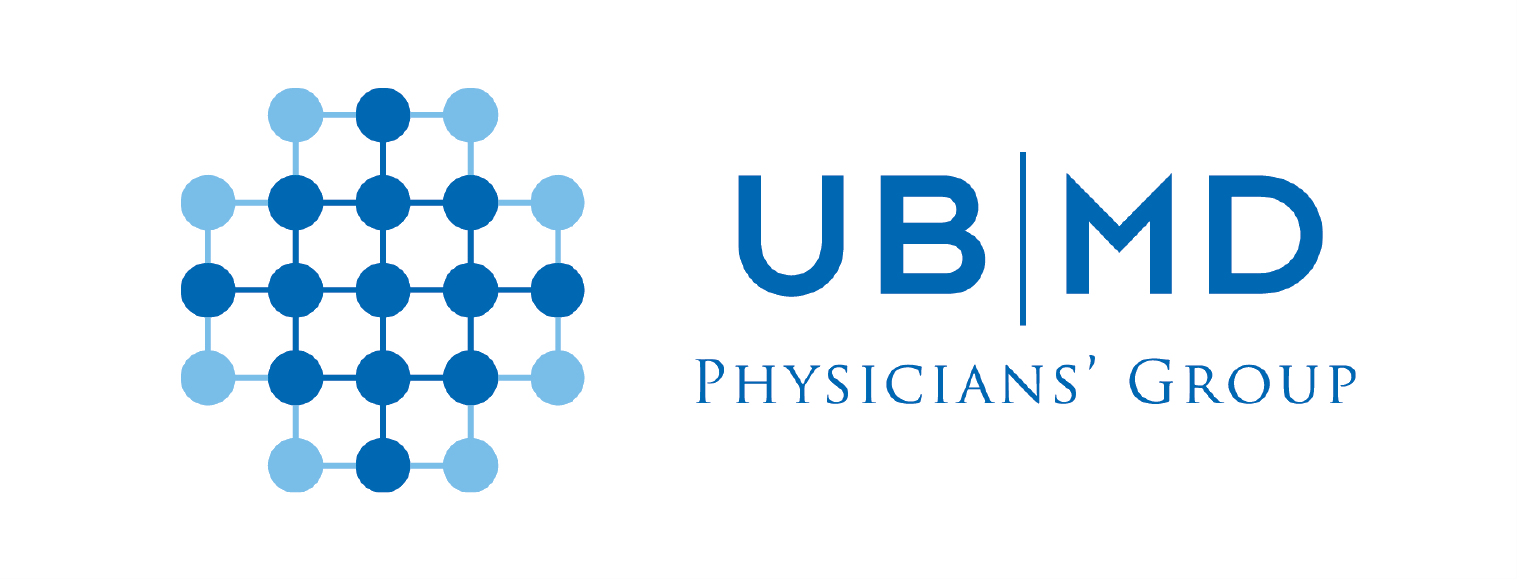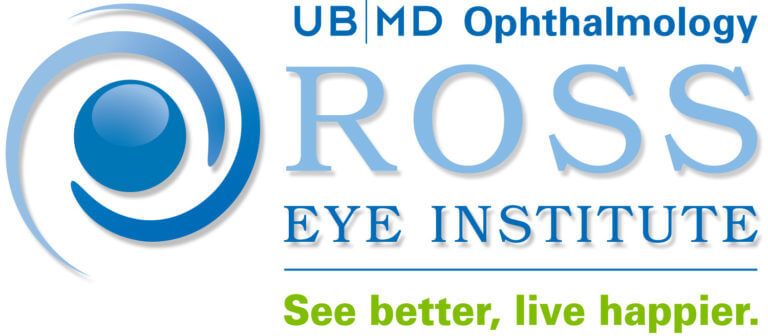INSURANCE & BILLING
- ROSS EYE INSTITUTE -
Ross Eye Institute's Orthoptic Program
Orthoptics is an allied health profession, specializing in the evaluation and treatment of disorders of visual function, eye movements, eye alignment and binocular vision in children and adults. The orthoptist carries out a series of diagnostic tests and measurements on patients with visual function deficits, including amblyopia (lazy eye), strabismus (misaligned eyes) and diplopia (double vision), and participates with the ophthalmologist in the design and implementation of a treatment plan. In some situations, the orthoptist carries out the treatment, and in others the patient is treated medically or surgically by the ophthalmologist, while the orthoptist is responsible for monitoring the patient’s condition and progress.
The role of the orthoptist demands intelligence, sound judgment, intellectual honesty, and the ability to relate well to patients of all ages, but particularly infants, children and the elderly. Because of the nature of many disorders of visual function, most of the orthoptist’s patients are young children. While most of these children are otherwise active and healthy, some have associated physical, mental, or emotional disabilities.
Orthoptics offers opportunities for dynamic, motivated individuals who want to exercise or develop leadership ability, public speaking, creativity, teaching skills, clinical research skills, and medical writing and publication, in addition to patient care. This profession may at times combine elements of social work, education, patient advocacy, medical legal politics, and psychology, in addition to science and medicine!
Insurance Coverages & Payment Options
At the Ross Eye Institute, we accept a wide variety of insurance plans and offer many payment methods. The quickest and easiest way to pay your bill is by calling us at
716-881-7900. We offer the following to help you understand our financial policy and aid you in planning for payment.
Insurance Verification & Co-Payment
The patient is expected to present an insurance card and a form of picture ID at each visit. If no card is presented at the time of service, the patient will be responsible for services rendered. All co-payments and past due balances are due and payable at the time of service. All payments are expected to be made in U.S. dollars.
The Ross Eye Institute accepts cash, personal check, Visa and MasterCard. There is a service charge of $30 for returned checks. Patients with an outstanding balance of 120 days may be discharged from our practice unless a payment arrangement is made. Unpaid accounts, including payment arrangements not made, will be turned over to a collection agency.
An Education In Orthoptics At Ross Eye Institute
Overview
Ross Eye Institute is home to an Orthoptic Program, fully accredited by the American Orthoptic Council (AOC). The two-year course of study runs from September through August, year-round. Full-time attendance, Monday through Friday, is required, with three weeks of vacation per year. Successful graduates earn a Certificate of Completion from the Department of Ophthalmology, and are then qualified to sit for the national board examinations, given by the AOC. These examinations consist of a written exam, an oral exam and a practical exam. Those candidates successfully passing the board exams earn national certification, and are entitled to use the designation “C.O.” (Certified Orthoptist). They are also invited to join the American Association of Certified Orthoptists (AACO), a dynamic and active professional organization.
Our Educational Philosophy
At the REI, we recognize that everyone learns differently. We try our best to create the best learning environment for all, based on the following principles.
Collaboration, Not Competition
In the Pediatric Ophthalmology Division of the REI, we work hard to create a harmonious learning and work environment. Students are encouraged to work together as a team and to support each other. We attempt to approach teaching and learning with a positive attitude, encouragement, and a sense of humor! We strive to be flexible in our approach to each topic, and we are open to adapting teaching strategies to meet the needs of each individual student.
Insurance Plan Participation
It is the patient’s responsibility to be aware of their insurance coverage, policy provisions and authorization requirements. Not all providers participate with all insurances; please verify whether the physician accepts your insurance coverage when scheduling an appointment. We bill non-participating insurance companies as a courtesy to you. Any outstanding balances are the responsibility of the patient.
Self-Pay Accounts
Self-pay accounts shall exist if a patient has no insurance coverage. A deposit is expected at the time of service, unless prior arrangements have been made with the physician’s office. The deposit amounts are as follows:
- Office visit = $50. If a procedure is complete then the visit is 100% on Date of Service.
- Testing = $25
- Surgery = 100%
Health Savings Accounts / High Deductible Plans
If your insurance is a health savings account (high deductible plan) you will be required to pay a deposit prior to services being rendered. The deposit will be applied to your total cost and you will be billed for the balance owed or issued a refund for an overpayment.
No-Fault / Workers Compensation
We are “participating physicians.” This means that we must accept Medicare’s allowed charge for services rendered. Medicare will pay 80 percent of the approved amount. The patient is responsible for the remaining 20 percent, plus any out-of-pocket deductible. If you have secondary insurance, we will submit the claim for the remaining balance after Medicare has paid. Please remember that the patient, by federal law, must be held responsible for any portion of the approved amount not paid by Medicare or a secondary insurance company.
Medicare
Patients are responsible for providing our office with all information required to properly submit charges, i.e., insurer, claim number, date of injury, etc. Without this information, the fees mandated by New York state will be charged to reflect our private fees and you will be responsible for payment. If you have private insurance with which we participate and obtain any referrals/authorizations, we will submit on your behalf and bill you for any unpaid balance.
Referrals
It is the patient’s responsibility to know if a referral is required by the patient’s insurance carrier. If a referral is required, the patient is responsible for obtaining the referral prior to the time of the visit. If the referral is not obtained, the patient’s appointment will be rescheduled.
Contact Us
We will get back to you as soon as possible.
Please try again later.
BUFFALO NIAGARA
F: 716-881-4349
Office Hours:
Monday - Friday: 8:00 am - 4:30 pm
SOUTHTOWNS OFFICE
F: 716-677-6507
Office Hours:
Monday - Friday: 8:00 am - 4:30 pm
BUFFALO NIAGARA
F: 716-881-4349
Office Hours:
Monday - Friday: 8:00 am - 4:30 pm
SOUTHTOWNS OFFICE
F: 716-677-6507
Office Hours:
Monday - Friday: 8:00 am - 4:30 pm


© 2024. Ross Eye Institute.
The Ross Eye Institute website makes every attempt to comply with The Americans with Disabilities Act (ADA) of 1990. If you are using a screen reader and are having problems using this website, please call for assistance.